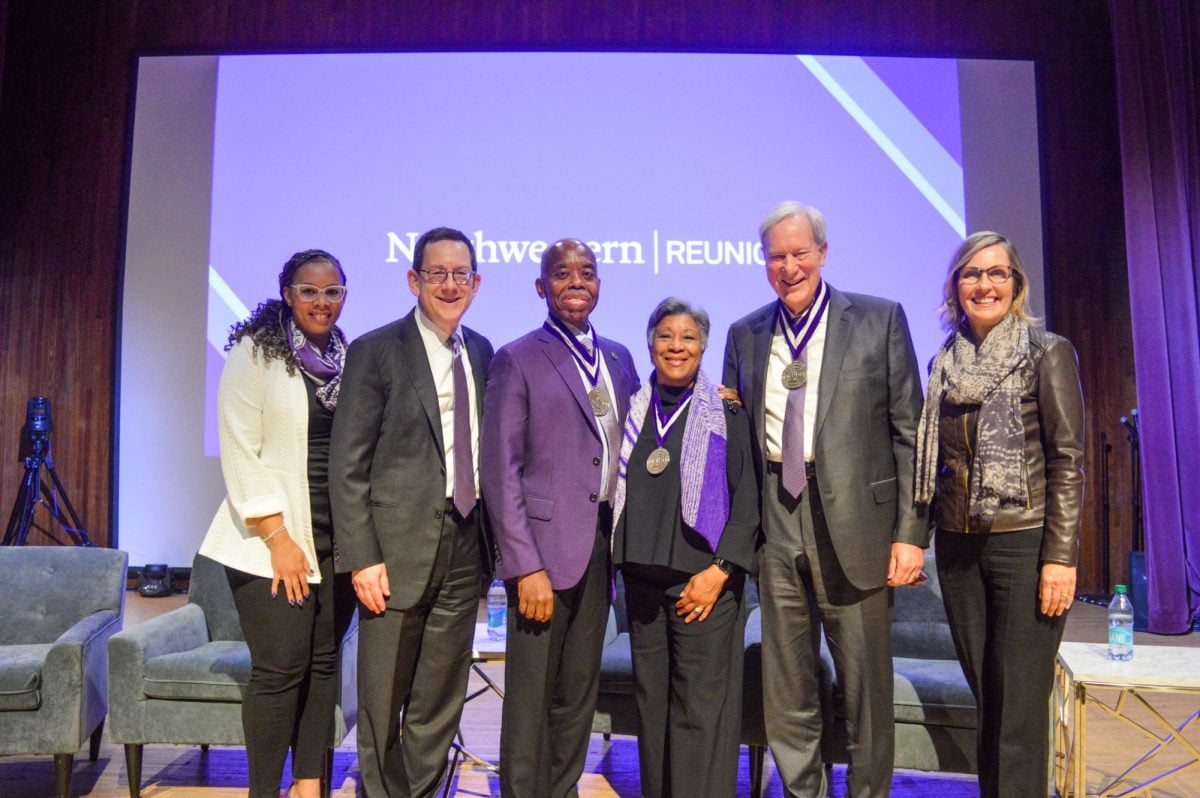Match.com and eHarmony users may not be in love with the results of a new study of online dating. In a 64-page report published online in February in the journal Psychological Science in the Public Interest, a research team led by NU social psychology Prof. Eli Finkel cast significant doubt on the effectiveness and validity of matching techniques touted by online dating services.
Finkel and his team studied online dating services through patented matchmaking formulas, interviews with the CEOs, books published by the founders and more than 400 psychological studies.
“What I like to say is that there are two ‘original sins’ that are essentially fundamental flaws of online dating,” Finkel said.
First, he said, there is an over-dependence on browsing through profiles to find a partner. This research shows that people cannot determine who will be compatible based on a single online description. Second, almost all of the dating websites have purported use of “algorithms,” the formulas that match partners from surveys. Finkel argued, though, that after comprehensively reviewing the literature, there is no formula.
“If these websites had one, it would be a boon for singles,” he said. “That’s the holy grail.”
Most websites focus on matching similar traits, Finkel said. One such website, eHarmony, has a patent on its algorithm. Other sites, such as PerfectMatch.com and Chemistry.com, supposedly use a combination of similar traits and complementary traits.
“They don’t publish their algorithms, so it’s impossible to know what actually exists,” he said.
Even combinations of similar and complementary traits are unlikely to promote relationship well-being and longevity, Finkel said. Although it is commonly said that opposites attract, Finkel said that is not clear from available data. Psychologists have yet to identify certain psychological variables in which partners should or should not be similar.
In the past, scientists have shown people have lower divorce rates in same-race or same-religion marriages than in cross-race or cross-religion marriages, the study authors note. Finkel said although this is why some people use online dating services, the websites market more vaguely.
“The algorithms don’t claim that they work because of race or religion,” Finkel said. “They claim that they have some sort of deeper psychological pairing.”
What’s concerning to Finkel, he said, is that he believes the services are producing more homogenous relationships and marriages. Browsing through profiles induces “an assessment mindset, causing users to commoditize potential partners,” the study authors wrote.
Though online dating is not perfect, Finkel said, he believes it is beneficial for some people who might not have as many opportunities to meet others. For a single 30-year-old living in the suburbs, it can be a great way to start, Finkel said.
“Sometimes Cupid goes on vacation, or takes a long nap, or kicks back for a marathon of Lifetime original movies,” the study authors wrote. “Instead of waiting for Cupid to get back to work, people sometimes join dating sites to take back some control of their romantic lives.”
For those people, Finkel’s main advice was to be active immediately after receiving the list of partners.
“Browsing profiles forever won’t help,” Finkel said. “Having an algorithm select someone is not great either. Seize the opportunity to get offline and just set up a 20 minute coffee date with one of them.”












